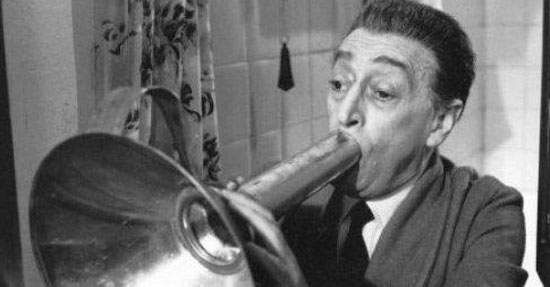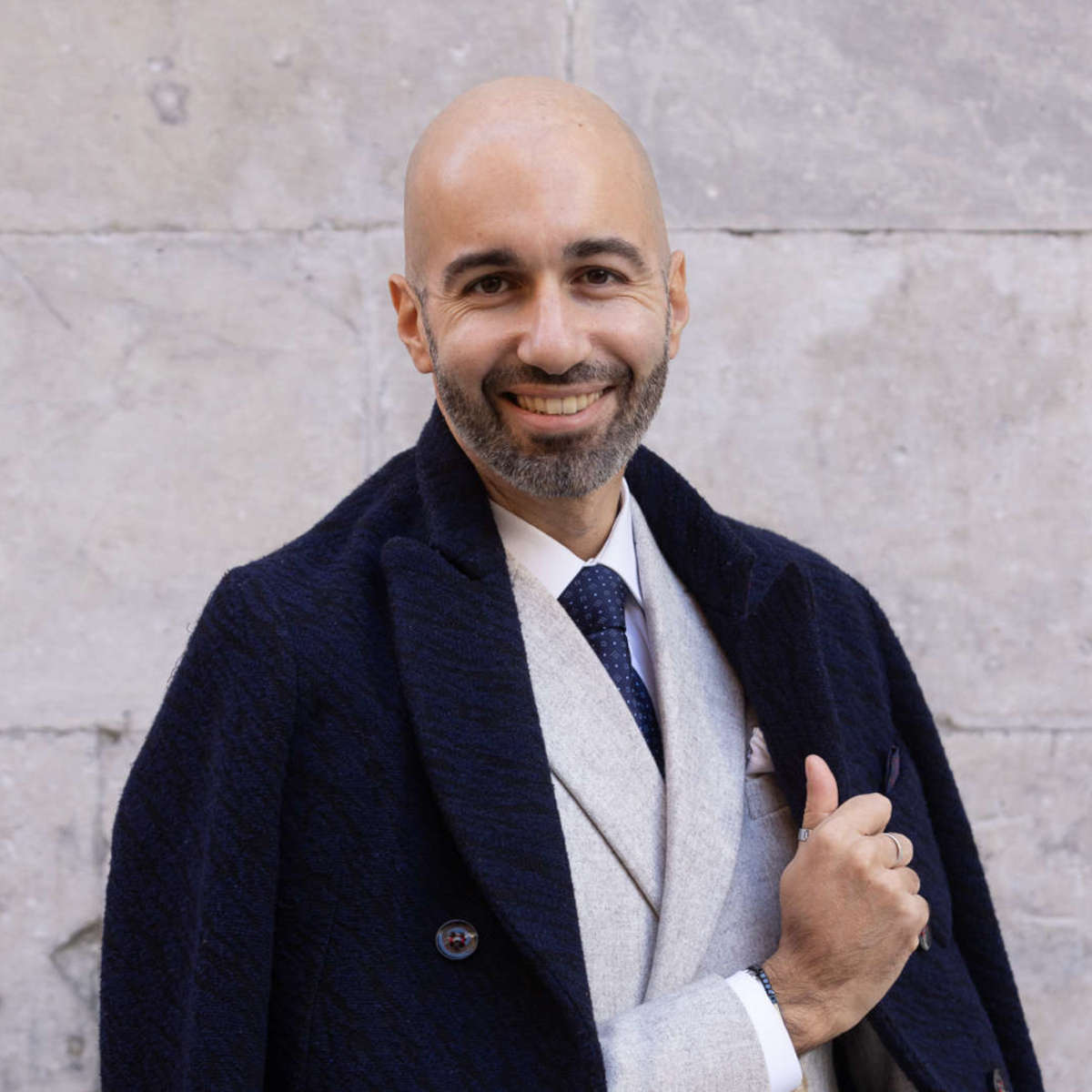The one that just passed will be remembered as one of the most pathetic election campaigns in recent history. We have seen all kinds of things: Salvini who, in between the now customary rants against immigrants, exploited images of a wounded anarchist for his devious messages, Beppe Grillo offering ridiculous inferences on the subject of mammograms, the investiture ceremony to celebrate yet another change of coat of arms by Martina Nardi, Alessandra Moretti signing appeals for anything and everything (as long as it’s enough to get votes), Renzi talking about good schooling and not knowing Italian, Berlusconi’s very forgettable skit on Fabio Fazio’s program. And then the various dinners and aperitifs offered by a bit of all parties in the most minuscule municipalities of Italy to grab a few more votes, the chaos over the unpresentables, the electoral silence for which it seems that social networks do not count for anything. Campaign practices, one might think. But there are several reasons to think that, this time, we have touched depths of baseness hardly reached before.
I am thinking of the various skirmishes we have witnessed on the Web: if it is true that the political pages of social media have become an outlet for frustrations and, as far as we are concerned, a reason to reflect on how the gap between intelligent people and imbeciles emerges overbearingly from certain discussions, it is consequently also true that the many very sad squabbles between opposing factions on the various websites have brought the level of discussion to heights of futility and nonsense never seen before. And even those who put themselves forward as the novelty and change have now become addicted to this spiral of intellectual misery and have been dragged into these lowly eddies. But there is one thing that makes one think a lot: there has been very little talk about programs. This election campaign has been played mostly on slogans, aimed at bringing out not already ideas or resolutions for the future of the citizens, but differences, often played on very low-key arguments, with respect to the competing party, the opponent, the other candidate.

And if very little has been said in this election campaign about programs and resolutions for the future, how could anyone have been expected to talk about art or culture? Take, for example, the program of one of the most talked about candidates in these regional elections: Enrico Rossi, who is running in Tuscany. On the website of the movement supporting him, there are only six miserable infographics in which the cultural sector is not mentioned at all. Same thing for his"25 proposals" campaign for Tuscany: there was one, just one, about culture. Yet Tuscany, as far as culture is concerned, should have a lot to be concerned with. Yet until not so long ago, the tremendous metaphor of culture as Italy’s oil resounded on the lips of almost every politician. Yet everyone repeated the mantra of valorization almost to the point of exhaustion. It seems that, with this election campaign, culture has not already taken a back seat (and that would have been a luxury), but has even been completely forgotten.
How can a politician who does not consider culture a priority be credible? How can a politician who does not consider the protection of the artistic heritage crucial to the fate of the territory he administers be a candidate for the presidency of a region? How is it possible that so little attention is paid to issues that are of fundamental importance in several ways: for the preservation of our past, for the memory of what we have been, for the creation of jobs, for the possibility of giving an opportunity to so many young people, for the ability to make Italy a country that still has a strong attractiveness.
But we should not just note how low the level reached by our political class is. Unfortunately, the real change has to come only from ourselves, who really care about our culture: since we cannot rely much on those who administer us, we need to reach the awareness that the first custodians and stewards of our cultural heritage are we citizens. Visiting a museum, reading an extra book, listening to good music, and, of course, becoming disinterested in fourth-rate tavern squabbles over futile issues, and avoiding getting excited about wacky and anachronistic election rallies, are all answers we can give to disinterest in culture. If change comes to us, it may be that, sooner or later, politicians will also change the way they relate to voters. And perhaps it may be that tomorrow the system will change as well.

The author of this article: Federico Giannini
Nato a Massa nel 1986, si è laureato nel 2010 in Informatica Umanistica all’Università di Pisa. Nel 2009 ha iniziato a lavorare nel settore della comunicazione su web, con particolare riferimento alla comunicazione per i beni culturali. Nel 2017 ha fondato con Ilaria Baratta la rivista Finestre sull’Arte. Dalla fondazione è direttore responsabile della rivista. Nel 2025 ha scritto il libro Vero, Falso, Fake. Credenze, errori e falsità nel mondo dell'arte (Giunti editore). Collabora e ha collaborato con diverse riviste, tra cui Art e Dossier e Left, e per la televisione è stato autore del documentario Le mani dell’arte (Rai 5) ed è stato tra i presentatori del programma Dorian – L’arte non invecchia (Rai 5). Al suo attivo anche docenze in materia di giornalismo culturale all'Università di Genova e all'Ordine dei Giornalisti, inoltre partecipa regolarmente come relatore e moderatore su temi di arte e cultura a numerosi convegni (tra gli altri: Lu.Bec. Lucca Beni Culturali, Ro.Me Exhibition, Con-Vivere Festival, TTG Travel Experience).
Warning: the translation into English of the original Italian article was created using automatic tools. We undertake to review all articles, but we do not guarantee the total absence of inaccuracies in the translation due to the program. You can find the original by clicking on the ITA button. If you find any mistake,please contact us.